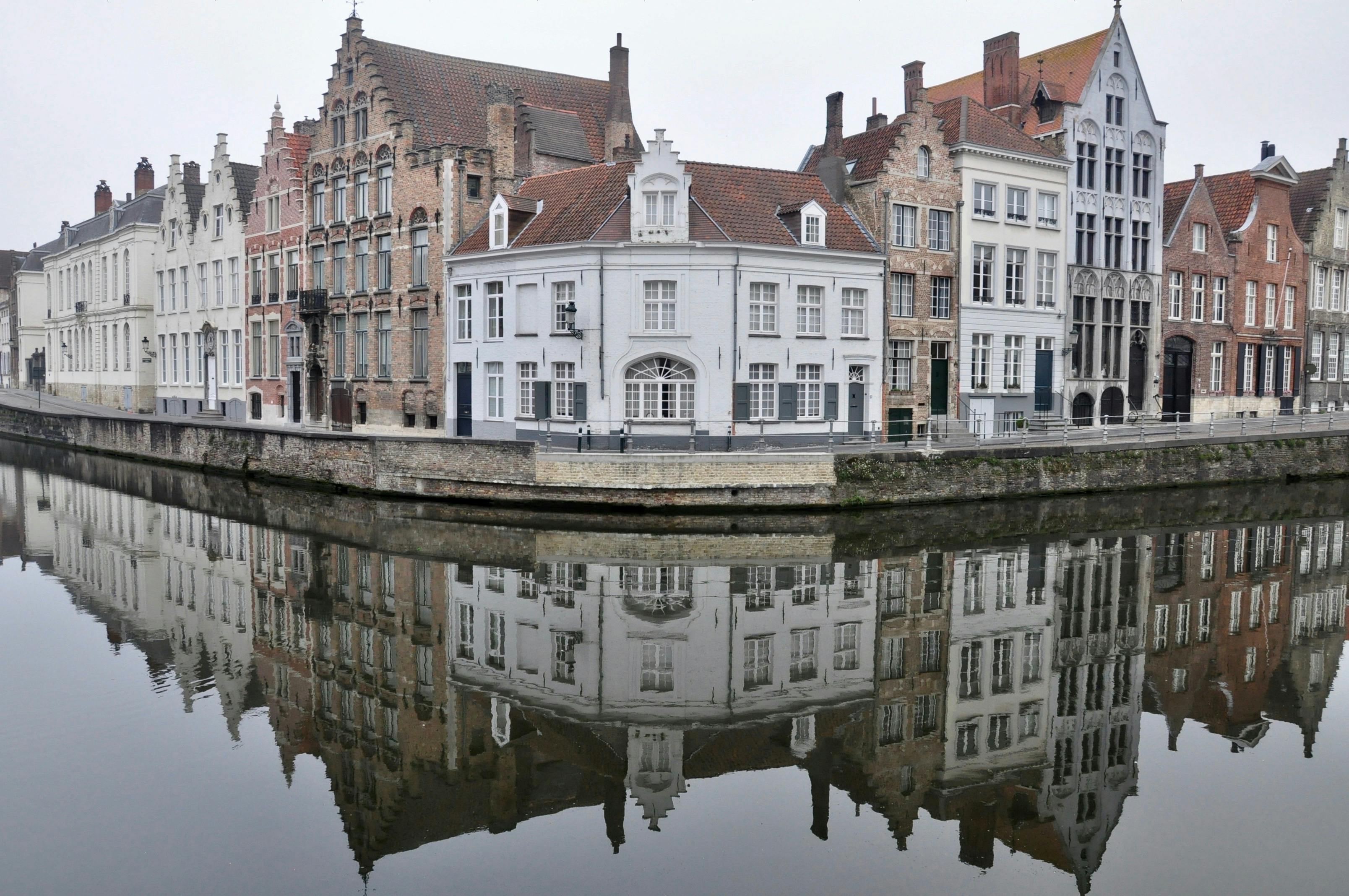Distilled water is a type of water that has been purified through the process of distillation. During this process, impurities and minerals are removed from the water, leaving it almost completely pure. As a result of this purification process, distilled water is neither acidic nor basic (alkaline) and is considered to be neutral on the pH scale.Distilled water is neutral. It has a pH level of 7, which is right in the middle of the pH scale and is considered to be neutral.
What is the pH of Distilled Water?
Distilled water is a type of pure water that has had all impurities removed through a distillation process. This process involves boiling the water, collecting the steam, and condensing it back into liquid form. As a result, distilled water has a neutral pH level of 7.0, which makes it neither acidic nor basic.
The pH scale measures how acidic or basic a substance is on a scale from 0 to 14. A neutral pH level of 7 is neither acidic nor basic, and pure distilled water has this neutral pH level. Anything below 7 is considered acidic, while anything above 7 is considered basic or alkaline.
Since distilled water does not contain any minerals or other impurities that could affect its pH level, it maintains its neutral status when exposed to different environmental conditions such as temperature and pressure changes. This makes distilled water ideal for use in applications where neutrality is important such as medical laboratories and chemical processing plants.
In conclusion, the pH of distilled water is always 7.0 – neither acidic nor basic – since all impurities have been removed through the distillation process and cannot affect its neutrality.
How Does Distilled Water Compare to Tap Water?
Distilled water and tap water are two of the most common sources of drinking water. While both provide essential hydration, there are some differences in terms of safety, taste, and other qualities. Distilled water is free from all contaminants, including minerals, chemicals, and other impurities. This makes it a safe and pure choice for drinking. Tap water, on the other hand, contains some contaminants from its source which may be harmful if consumed in large amounts.
In terms of taste, distilled water has a milder flavor than tap water as it does not contain any minerals or chemicals that can affect the taste. Tap water may have a stronger odor or taste due to its source and the presence of minerals and chemicals present in it.
In terms of cost-effectiveness, distilled water can be more expensive than tap water as it requires energy to produce it. On the other hand, tap water is typically cheaper due to its availability through public systems.
When considering which type of water is better for drinking purposes, both distilled and
Does Distilled Water Have Any Health Benefits?
Distilled water has been around for centuries and has been used for a variety of purposes, including drinking, cleaning, and cooking. While many people believe that drinking distilled water is better for health than other types of water, there is not enough scientific evidence to back this claim up. However, there are some potential benefits to drinking distilled water.
One of the main benefits of drinking distilled water is that it does not contain chlorine or other contaminants that can be found in municipal tap water. This makes it a great choice for those who are looking to avoid exposure to these chemicals. Additionally, since it does not contain minerals or other substances, it can help people maintain their body’s natural electrolyte balance and provide them with a pure source of hydration.
Distilled water also has slightly higher pH levels than regular tap water, which can help neutralize any acidic compounds in the body. This could potentially help reduce inflammation and improve overall health. Furthermore, because it does not contain certain contaminants like lead or mercury, it may be beneficial for those who are more susceptible to these toxins.
Finally, distilled water
Chemical Composition of Distilled Water
Distilled water is water that has been boiled and then condensed into a separate container, leaving behind any impurities or minerals. It is a type of purified water that has had all of its impurities removed through a filtration process. The chemical composition of distilled water is simply hydrogen and oxygen molecules, which are bonded together to form H2O. This makes distilled water different from other types of purified water because it does not contain any additional chemicals or minerals.
The process of distillation removes most impurities from the water, including bacteria, viruses, heavy metals, and other contaminants. This makes it an ideal choice for medical use, for cleaning products, for use in laboratories or for drinking water. Distilled water also has a neutral pH level which makes it ideal for many industrial processes as well.
Distilled water can also be used in aquariums to provide clean and safe habitat for fish and other aquatic life. It is important to remember that while distilled water may be free from most contaminants, it can still contain small amounts of dissolved air and carbon dioxide which may alter the pH level slightly over time. To ensure

Is Distilled Water Safe to Drink?
Distilled water is considered safe to drink because it has been through a purification process which removes impurities and contaminants. During this process, impurities are removed from the water through boiling, condensation, and filtration. This leaves only pure H2O molecules. As a result, distilled water is free of minerals and other contaminants that can be found in natural sources of drinking water such as rivers and lakes.
Although distilled water is safe to drink, it may not be the most beneficial option for people who are looking for hydration. Since distilled water is free of minerals, it can actually leach minerals from the body when consumed in large amounts. Additionally, distilled water does not contain electrolytes which are important for maintaining proper hydration levels in the body.
If you’re looking for an easy way to ensure you’re drinking safe and healthy water, using a home filtration system may be your best bet. Home filtration systems can remove impurities from tap or well water while still preserving essential minerals and electrolytes that are beneficial for the body.
Ultimately, distilled water is safe to
Uses of Distilled Water
Distilled water has many uses and is an essential item for many industries. It is used in the food and beverage industry, medical and laboratory applications, automobile cooling systems, steam irons, commercial coffee makers, aquariums, humidifiers, window cleaning solutions and more. It is also used in many home appliances such as washing machines, dishwashers and ice makers.
Distilled water is also popular for drinking as it has had most of its impurities removed. This makes it much purer than tap water and therefore healthier to drink. There are some people who believe that distilled water offers better hydration than tap water due to its lack of contaminants.
In addition to being used for drinking, distilled water can also be used for cooking or preparing food products such as soups or sauces that require a pure form of water. It can also be used for making ice cubes or other frozen treats that require pure H2O.
Finally, distilled water can be used in beauty products such as facial toners or makeup removers since its purity makes
Can You Make Tea or Coffee with Distilled Water?
Yes, it is possible to make tea or coffee with distilled water. Distilled water has had most of its minerals and other contaminants removed, leaving it with a neutral taste. This makes it an ideal choice for making tea and coffee since it won’t affect the flavor of the beverages.
When making tea with distilled water, it is important to use the correct steeping time and temperature for the type of tea being used. For example, green tea should be steeped in water that is heated to about 175°F for 1-2 minutes. Black teas require hotter water (around 212°F) and should steep for 3-5 minutes.
Coffee can also be made using distilled water, but there can be some drawbacks compared to other types of water. The lack of minerals found in distilled water can lead to weaker coffee flavors since it doesn’t dissolve the coffee grounds as effectively as other types of water. Additionally, distilled water may have a slightly acidic pH level which could affect the extraction process and ultimately lead to a less flavorful cup of coffee.
Overall, while it is possible to

Conclusion
Distilled water is considered to be neutral on the pH scale. It has a pH level of 7, which is in the middle of the scale and indicates a lack of acidity or alkalinity. Distilled water is free from any impurities, including minerals and ions, which are usually responsible for affecting the pH level. This makes it an ideal choice for drinking, cooking, and other household uses.
However, it should be noted that the pH level of distilled water can be affected when it comes in contact with other substances or when exposed to air. This means that it should not be stored for a long period of time as its purity can be compromised. Therefore, it is important to consume distilled water as soon as possible after purchase for optimal safety and health benefits.

